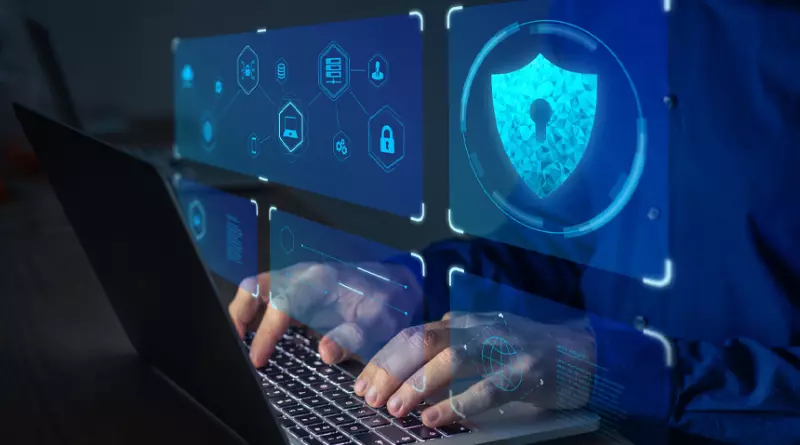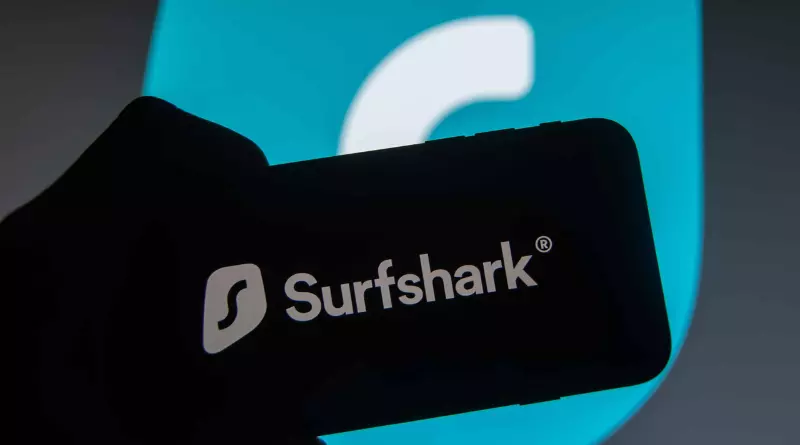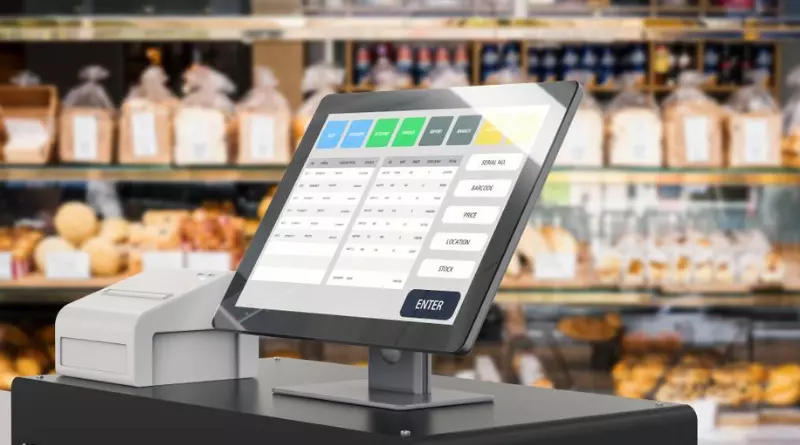Can Using a VPN Enhance Your Online Privacy?

Staying informed and vigilant about online threats is a smart approach to online safety. However, sometimes, you might need extra assistance for better online privacy. That’s where a virtual private network (VPN) comes in handy. A VPN allows you to surf the internet as if you’re on a private network, reducing the risk of unauthorized access and data breaches. Discover how a VPN can enhance your online privacy.
Why Do You Need a VPN for Better Privacy Online?
A VPN (Virtual Private Network) is a powerful tool for enhancing your online privacy because it tricks others about your location and secures your internet traffic. Here’s how it works:
1.Encryption:
A VPN creates a secure tunnel for your data to travel to a VPN server. From there, your data is redirected to its final destination, like a website. This encryption makes your internet activity safer, as it’s like you’re on a private network.
2.Public Wi-Fi Safety:
When you use public Wi-Fi, a VPN is especially handy. It encrypts the data traveling between your device and the VPN server. This protection makes it difficult for hackers to intercept your data and steal sensitive information.
3.Hide from Your ISP:
Your internet service provider (ISP) can track your online activities and sell that data for advertising. But a VPN can hide your activities from them.
4.IP Spoofing:
A VPN can also disguise your location. It assigns your device the IP address of the VPN server, making it seem like you’re browsing from there. This makes it harder for websites and online services to track you.
How a VPN Can Enhance Your Online Privacy
Many VPN services offer more than just rerouting your internet traffic through their servers. They come with a variety of features that can take your online security to the next level. Here are some of the most popular VPN features that can benefit you:
1.Kill Switch:
This handy feature is designed to protect your data in case your VPN connection unexpectedly drops. It instantly disconnects you from the internet to prevent any accidental exposure of your information.
2.Multi-Hop Connection:
Instead of routing your internet traffic through a single server, a multi-hop connection sends it through several VPN servers. This process re-encrypts your data multiple times, making it harder for unauthorized intruders to access or steal your data.
3.DNS Leak Protection:
DNS (Domain Name System) translates human-friendly website names (like nordvpn.com) into IP addresses. Protecting against DNS leaks means directing DNS queries through a VPN server rather than your internet service provider (ISP), preventing potential tracking.
4.Obfuscated Servers:
These servers disguise VPN traffic to make it appear like regular HTTPS traffic. This helps bypass VPN restrictions, especially in countries with strict internet censorship, allowing you to access servers in your home country even when abroad.
5.Split Tunneling:
This feature allows you to use your local network for specific tasks while choosing which apps or services use the VPN connection for added privacy.
6.Multi-Factor Authentication (MFA):
MFA adds an extra layer of security by requiring users to verify their identity using more than just a password. This could involve fingerprints, one-time passcodes (OTPs), or other authentication methods.
These VPN features provide enhanced protection for your online activities and data.
Can a VPN Be Trusted to Protect Your Online Privacy?
In general, using a VPN (Virtual Private Network) is a safe and valuable method for safeguarding your online privacy. However, as with many things, there are exceptions to consider. To ensure you get a reliable VPN service, it’s crucial to select a reputable VPN provider.
Consider these Important Factors:
1.Choose a Trustworthy Provider:
While there are many free VPN services available, they often make money by selling user data to third parties. These third parties may use your data for targeted ads or tracking. Opt for a reputable, paid VPN service to avoid such issues.
2.Strong Encryption Matters:
Ensure that your chosen VPN offers robust encryption standards. A top-tier option is AES with a 256-bit key, which is used by government agencies like the NSA. This level of encryption helps protect your data from prying eyes.
3.No-Logs Policy:
Look for VPN providers with a strict no-logs policy. This means they don’t store records of your online activities. Even if the provider were to be hacked, there would be no data to steal, enhancing your privacy.
4.Consider the Provider’s Location:
The level of privacy protection a VPN offers can also depend on where the provider is located. Some countries have data retention laws that require companies to store user data for a specified period. Knowing your VPN provider’s location can help you assess the risks of your data being stored.
5.Be Aware of Local Regulations:
Keep in mind that VPN usage is illegal or restricted in some countries, especially those under authoritarian regimes. Always be aware of local regulations to avoid legal issues.
How NordVPN Protects Your Privacy?
NordVPN is a well-known and trusted provider that offers a range of features to enhance your online privacy. Here’s how it works:
1.Top-Notch Encryption:
NordVPN uses strong AES-256 bit encryption to ensure your data is securely transmitted. This robust encryption keeps your information safe during online activities.
2.Privacy-Friendly Location:
The company behind NordVPN, Nord Security, is based in Panama, a country outside of intelligence-sharing alliances. This means your data is handled with maximum privacy protection.
3.Additional Features:
NordVPN goes the extra mile to keep you safe and secure online:
•Onion over VPN:
This feature makes it easy to access the Tor network without needing a separate Tor browser. Tor is a network that adds layers of encryption and routes your data through random servers, making it harder for anyone to trace your online movements.
•Threat Protection:
In response to the growing number of cyber threats, NordVPN offers a Threat Protection feature. It detects and blocks malware before it can reach your device and also helps block intrusive ads and trackers to reduce online tracking.
•Meshnet:
NordVPN provides Meshnet, a free feature available to everyone, even non-NordVPN users. Meshnet enables safe device-to-device connections, functioning like a local area network (LAN). It’s ideal for activities that require high-speed and low-latency connections, such as file sharing, collaborative work, or LAN gaming.
NordVPN is committed to staying at the forefront of cybersecurity trends, ensuring top-quality services for its users.
The Limitations of a VPN
While a VPN is a powerful tool for enhancing online security, it’s important to remember that it’s not a magic shield against all cyber threats. There are situations where your own vigilance and judgment play a crucial role in staying safe online. Let’s explore some common scenarios where your awareness is key:
1.Social Engineering and Phishing Attacks:
The success of social engineering and phishing scams often relies on how cautious and informed you are. Always stay alert when using the internet and be cautious of suspicious-looking links or unexpected email attachments.
2.Data Breaches:
VPNs cannot prevent data breaches that target large companies or organizations. Even well-known companies can fall victim to these breaches. To protect yourself, only share essential personal information when signing up for websites. Use strong passwords that are at least eight characters long, containing a mix of upper and lower-case letters, numbers, and special characters. Steer clear of using the same password for multiple accounts, as this can expose all your accounts to risk if one gets compromised.
3.Malware:
VPNs do not offer protection against malware. Malware typically infiltrates your device by exploiting software vulnerabilities or tricking you into downloading it through infected links or downloads. To defend against malware, always keep your devices updated and avoid clicking on suspicious links.
Remember that while a VPN can significantly enhance your online security and privacy, it’s essential to complement it with good cyber hygiene practices and a cautious approach to online activities.





